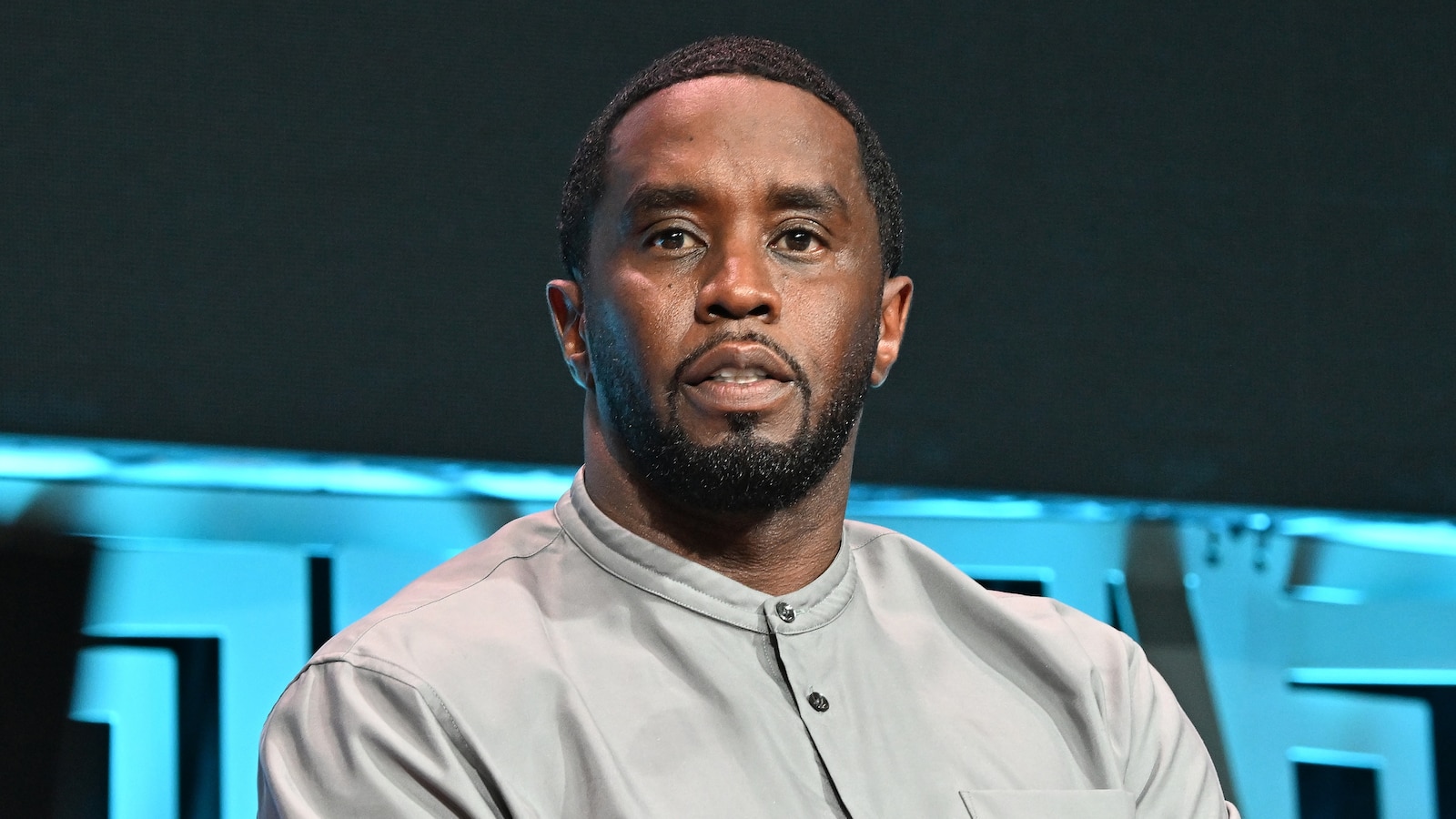Alleged Negligence: Lawsuit Accuses Mark Zuckerberg of Ignoring Warnings on Instagram’s Influence on Youth Mental Health
In a recent lawsuit, Facebook CEO Mark Zuckerberg has been accused of negligence for allegedly ignoring warnings about the negative impact of Instagram on the mental health of young users. The lawsuit, filed by a group of parents and a non-profit organization, highlights concerns about the potential harm caused by excessive social media use among adolescents.
Instagram, a popular photo-sharing platform owned by Facebook, has become an integral part of many young people’s lives. With its emphasis on visual content and social validation through likes and comments, the app has been criticized for contributing to feelings of inadequacy, low self-esteem, and even depression among its users.
The lawsuit alleges that Facebook was aware of these potential risks but failed to take appropriate action to address them. It claims that internal research conducted by the company revealed the harmful effects of Instagram on youth mental health, including increased rates of anxiety and depression. Despite these findings, the lawsuit argues that Facebook continued to prioritize profits over user well-being.
The plaintiffs argue that Facebook’s alleged negligence is particularly concerning given the significant influence it wields over young people’s lives. With over a billion users worldwide, Instagram has become a primary source of social interaction and validation for many adolescents. The lawsuit claims that Facebook knowingly exploited this vulnerability without taking sufficient steps to protect its young users.
The allegations against Zuckerberg and Facebook have sparked a broader conversation about the responsibility of tech companies in safeguarding the well-being of their users, especially vulnerable populations such as children and teenagers. Critics argue that these platforms have a duty to prioritize user safety over profit margins and should be held accountable for any harm caused by their products.
Facebook has responded to the lawsuit by stating that it stands by its research and takes the issue of mental health seriously. The company claims to have implemented various measures to address concerns about the impact of social media on well-being, including providing resources and tools for users to manage their online experience.
However, the plaintiffs argue that these efforts are insufficient and that Facebook needs to do more to protect young users. They are seeking changes to Instagram’s design, such as eliminating features that promote social comparison and implementing age verification measures to prevent underage users from accessing the platform.
The outcome of this lawsuit could have significant implications for the regulation of social media platforms and their impact on mental health. It raises important questions about the responsibility of tech companies in mitigating potential harm and whether they should be held legally accountable for the consequences of their products.
As the lawsuit progresses, it is hoped that it will prompt a broader discussion about the ethical considerations surrounding social media use, particularly among young people. It may also serve as a wake-up call for tech companies to prioritize user well-being and take proactive steps to address the potential negative effects of their platforms on mental health.



